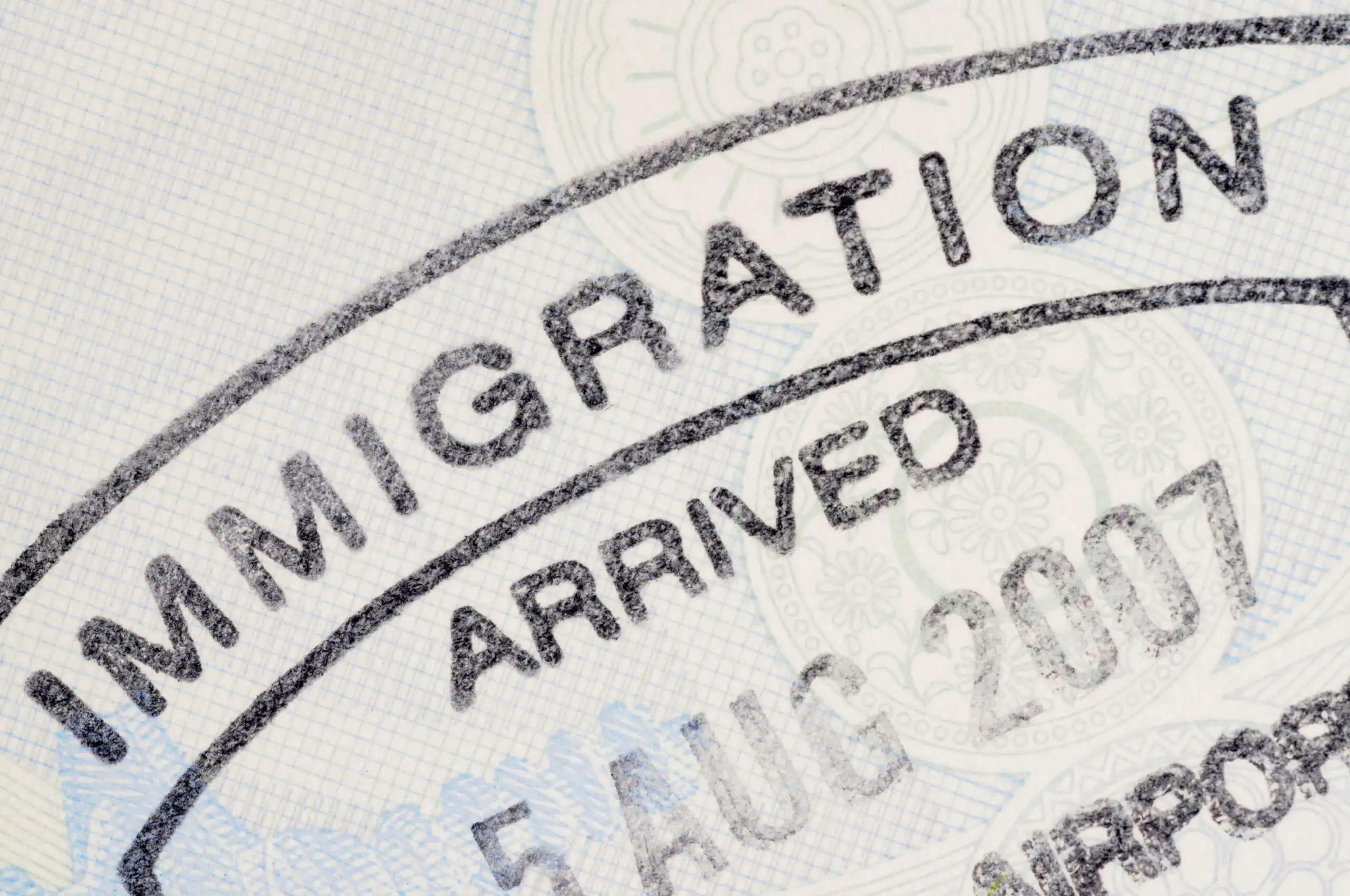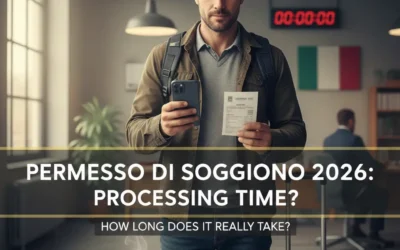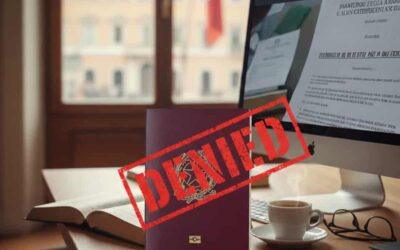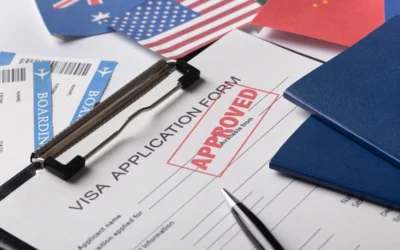If you’re a foreign national looking to stay in Italy, it’s important to understand and comply with Italian immigration laws. To legally reside in Italy, you’ll need to obtain a valid residence document, known as a “titolo di soggiorno.” This article will provide a brief overview of these essential documents and the requirements for obtaining them.
What Are the Ways to Stay in Italy Legally
There are several ways for foreign nationals to remain in Italy legally. A foreigner may stay if they: • Entered the country legally, with or without a visa exemption • Already hold a residence permit or an EU long-term resident permit (formerly residence card) • Possess a residence permit issued by another EU Member State • Hold a receipt issued while awaiting renewal of their permit and/or release of an EU long-term resident permit • Have applied for international protection EU citizens benefit from freedom of establishment and can reside in Italy without restrictions.
Legal Status in Italy and Residence Documents (Titoli di Soggiorno)
Legal residence in Italy requires possession of a document, generally called a residence document (titolo di soggiorno), that certifies the person’s identity, reason for presence, and duration of stay on Italian territory.
| Type of Residence Title | Duration | Procedure | Basic Requirements |
|---|---|---|---|
| Declaration of Presence | Max 90 days | Submit to the police (Questura) | Valid visa (if required), reason for stay |
| Residence Permit | Up to 3 years | Apply at the Questura | Depends on permit type |
| EU Long-Term Residence Permit | 10 years (automatically renewable) | Submit official application form | 5 years of legal residence, income, housing, Italian language knowledge |
| Application Receipt + Expired Permit | Valid until decision | Submit renewal application | Depends on permit being renewed |
| Residence Card for EU Citizen's Family Member | 5 years | Submit form to the Questura | Must qualify under Legislative Decree 30/2007 |
| Permanent Residence Card for EU Citizen’s Family Member | Unlimited (renew every 10 years) | Submit application | Long-term family member of EU citizen |
| Residence Permit for Asylum | 5 years renewable | Assessed by the Territorial Commission | Fear of persecution (race, religion, nationality, social group, political opinion) |
| Residence Permit for Subsidiary Protection | 5 years renewable | Same as above | Risk of serious harm if returned to country of origin |
Document Categories Based on Entry Purpose
In most cases, residence documents are issued following legal entry into Italian territory. This legal entry determines the reason for stay recorded on the permit and defines the duration of presence. The system works in a straightforward manner: if the Italian Embassy issues a visa for family reasons, the residence document will also be for family reasons. Similarly, if a visa is issued for work purposes, the permit will be for work purposes. This creates different types of residence permits depending on the original visa purpose.
Exceptions to Standard Entry Requirements
While this is the general rule, Italian law provides cases where residence documents are issued regardless of legal entry into Italian territory. These exceptions include, for example, permits issued under T.U.I. (Testo Unico Immigrazione): • Article 18: Stay for social protection reasons • Article 18bis: Stay for social protection reasons • Article 19: Prohibition of expulsion and refoulement – Provisions for vulnerable categories • Article 20bis: Residence permit for calamities
Important Note on Expulsion
Even though certain categories of foreigners cannot be expelled, they may still receive administrative ministerial expulsion for reasons of public order and state security.










